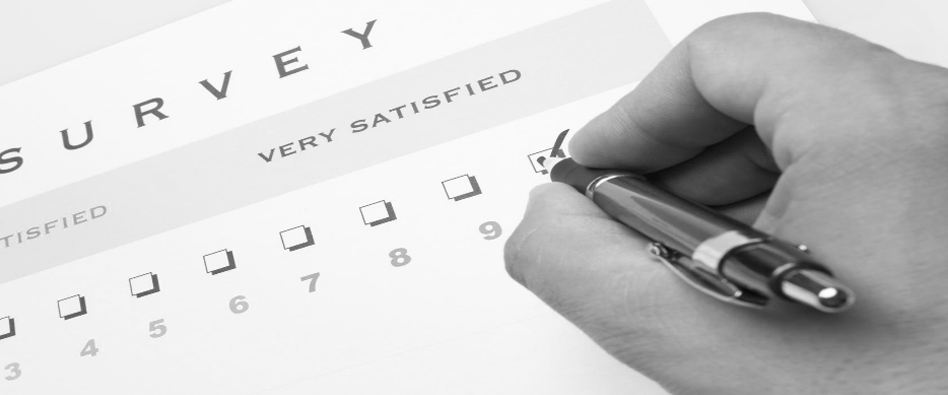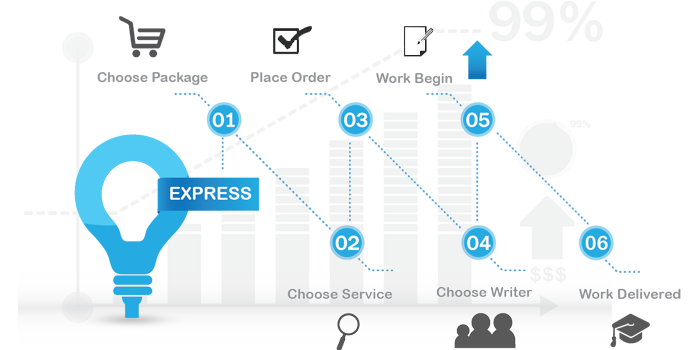
Survey Questionnaire Development

Survey Questionnaire Development
Survey questionnaire are generally used for research purposes to obtain data from the public or to determine the distribution of certain characteristics in a population. Formulating a survey questionnaire is one of the most vital stages in the process of survey development. Most of the components in a survey are based on common sense, but there are certain aspects that the authors should be aware of. We believe in providing numerous samples, surveys, questions and responses that will help you in constructing the survey questionnaires.
The following are the four main parts of a survey questionnaire. Though each of these parts is different from each other, it is important to understand that all of them are necessary for drafting a good survey questionnaire.
There are four main parts to a survey questionnaire. Though each of them is different from each other, it is significant to know that all of them play a vital role in formulating a good questionnaire.
The four main parts of a survey questionnaire development are invitation, introduction, question types and close. There are various ways as to how these surveys can be used such as emails, website links, online advertising etc. The five main parts of the invitation are introduction, why are only certain respondents selected to answer the questionnaire, how long the questionnaire will usually take, what are the benefits they will get for answering the questionnaire and how their responses will be used by the surveyors or researchers.
The introduction part of the survey questionnaire will include an attractive introduction and that clearly portrays the aim of the research.
There are five steps in writing a survey questionnaire such as determining the aim, finalizing the attributes to gauge, recognize the type of audience, select the scales of measurement and finally check the reliability and the validity of the survey.
After formulating a survey questionnaire, it is essential to check for errors because they fail to attain their goals due to the errors. Random errors are responsible for the decreased reliability of a survey and it happens when questions are poorly structured or presented in an inaccurate way.
